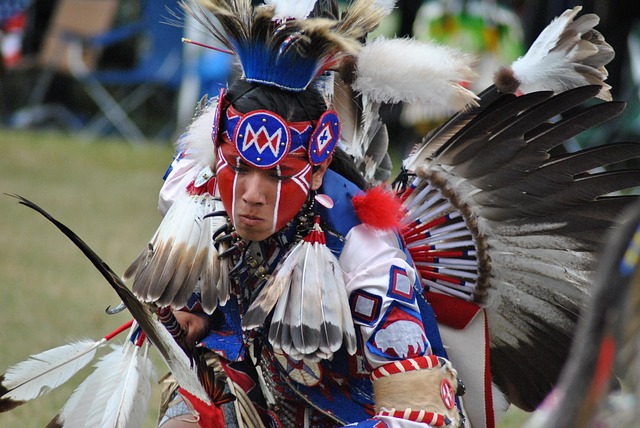Community outreach is an essential component of Indigenous recruitment. It enables organizations to connect with Indigenous communities and build meaningful relationships that can lead to successful recruitment efforts.
However, community outreach can be challenging, especially if an organization is unfamiliar with Indigenous cultures and traditions. This article will provide community outreach tips for Indigenous recruitment to help organizations build effective relations with communities.
Why Is Indigenous Recruitment Important?
Indigenous recruitment is vital to any organization’s diversity and inclusion strategy. It is essential for organizations to recognize the value of recruiting Indigenous people and to ensure that these individuals are provided with equal opportunities for career advancement.
By doing so, organizations can ensure that Indigenous people are represented in the workforce and that their unique perspectives and experiences are considered when making decisions. Here are tips to follow when it comes to facilitating community outreach for your recruitment initiatives:
1. Understand the Community
Indigenous communities are diverse, each with unique cultures, traditions, and histories. Take the time to learn about the community’s history, language, and cultural practices. This knowledge will help you build impactful aboriginal relations and avoid cultural misunderstandings.
2. Build Trust
Building trust is essential in community outreach. Indigenous communities have a long history of colonization and systemic racism, which can make them wary of outsiders. Be respectful, transparent, and honest in your interactions with the community. It’s also important to be patient, as trust takes time to develop.
3. Engage with Community Leaders
Community leaders play a vital role in Indigenous communities. Reach out to community leaders and engage with them respectfully and meaningfully. Listen to their perspectives and actively involve them in your recruitment efforts.
4. Involve Elders and Traditional Knowledge Keepers
Elders and traditional knowledge keepers are also highly respected members of Indigenous communities. They hold valuable knowledge and wisdom that can be shared with your organization, so it’s also best to engage with them to gain a deeper understanding of Indigenous cultures and traditions.
5. Attend Community Events
Community events are an excellent way to connect with Indigenous communities. These events provide an opportunity to meet community members, learn about their culture, and establish rapport. Make sure to be respectful when approaching Indigenous cultures or traditions.
6. Offer Support and Resources
Indigenous communities face many challenges, including poverty, inadequate housing, and lack of access to education and healthcare. Offer support and resources to the community, such as job training, mentorship programs, and access to resources and services. This support can establish your organization as a valuable partner in the community.
7. Provide Cultural Sensitivity Training
Cultural sensitivity training is essential for organizations working with Indigenous communities. It helps staff understand Indigenous cultures, traditions, and histories and avoid cultural misunderstandings. Provide cultural sensitivity training to all community engagement and recruitment staff.
The training should cover the history of Indigenous peoples, their cultures and values, and the challenges they face in the modern workplace. It should also include understanding the specific cultural needs of Indigenous candidates, such as language, spiritual beliefs, and traditional customs.
8. Use Appropriate Language
Indigenous peoples have their languages, an essential part of their culture and identity. Use appropriate language when communicating with Indigenous communities by avoiding stereotypes and offensive language. It will also help to learn a few words in the local Indigenous language to show respect and build more meaningful connections.
9. Hire Indigenous staff
Indigenous staff can provide valuable insights into Indigenous cultures and traditions and help establish your organization as a trusted partner in the community. Ensure that Indigenous staff are supported and provided with opportunities for professional development.
10. Establish Partnerships with Indigenous Organizations
Partnering with Indigenous organizations can also help create a more inclusive work environment. It can help create a workplace culture of diversity and acceptance, which benefits employee morale and productivity. This can help organizations create more inclusive policies and practices that serve their Indigenous employees better.
Conclusion
Indigenous recruitment has been a key topic of discussion in the corporate world in recent years. It has been shown that Indigenous people have the skills and qualifications to succeed in various industries. Ultimately, Indigenous recruitment is critical for organizations to create an equitable and inclusive workforce that reflects the country’s diversity.
Innovative businesswoman Janet Sheriff advises start-ups, new companies, and the mining & exploration sectors. Gain more insights with her vast experience in strategic planning, management, Indigenous affairs, and communications. Get in touch if you need guidance in these topics!

